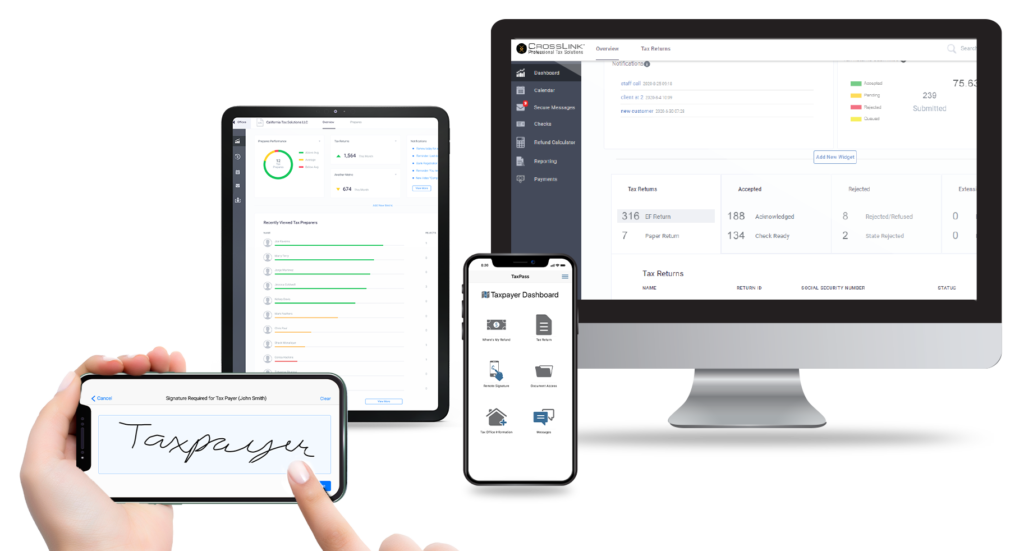Digital Asset Question on Form 1040
The IRS has changed the virtual currency question of Form 1040 to now refer to digital assets. Since there are now more asset types that are being converted to a digital format, the IRS now refers to all virtual currencies as digital assets, which includes virtual currency, nonfungible tokens (NFTs), tokenized assets, stable coins, security tokens, and other assets that are digital and have a value, established ownership, and is discoverable.
Yes or No
The question on page 1 of the 2022 Form 1040 now states:
“At any time during 2022, did you: (a) receive (as a reward, award, or payment property or services); or (b) sell, exchange, gift, or otherwise dispose of a digital asset (or a financial interest in a digital asset)?”
As in the past year, the IRS is continuing its effort to inform taxpayers of the tax consequences when they are dealing in virtual currency and other digital assets by requiring all taxpayers to answer this question.
This question should be answered “Yes” for digital asset transactions that include (but are not limited to):
- Received digital assets (usually as virtual currency) as payment for goods or services provided
- Received digital assets as a result of a reward or award
- Received new digital assets as a result of mining, staking, and similar activities
- Received digital assets as a result of a hard fork
- Disposed of digital assets in exchange for property or services
- Disposed of a digital asset in exchange or trade for another digital asset
- Sold a digital asset
- Transferred digital assets for free (without receiving any consideration) as a bona fide gift
- Otherwise disposed of any financial interest in a digital asset
This question should be answered “No” in the following circumstances:
- Holding a digital asset in a wallet or account
- Transferring a digital asset from one wallet or account you own or control to another wallet or account that you own or control
- Purchasing digital assets using U.S. or other real currency, including through the use of electronic platforms such as PayPal or Venmo
- Taxpayer did not have any transactions involving digital assets during 2022

Where to Report Digital Asset Transactions on a 2022 Tax Return
If an individual answers the Virtual Currency question “Yes”, their digital asset transactions must be correctly reported on their 2022 federal tax return as follows:
- On Form 8949 to figure the capital gain or loss, if the digital asset is disposed of through a sale, exchange or transfer
- On Form 1040, line 1, if the individual received a digital asset (usually as virtual currency) as compensation for services
- On Schedule C, if the individual received digital assets (usually virtual currency) that they held for sale to customers in a trade or business
For more details on how to report Virtual Currency Transactions on a 2022 tax return, see the following on the IRS website:
CrossLink Professional Tax Software

CrossLink is the industry’s leading professional tax software solution for high-volume tax businesses. Built based on the needs of busy tax offices and mobile tax preparers that specialize in providing their taxpayer clients with fast and accurate tax returns, CrossLink has been a trusted software solution since 1989. CrossLink’s in-depth tax calculations, advanced technological features, and paperless solutions allow you to prepare the most complicated tax returns with confidence and ease while providing your customers an unparalleled experience.

